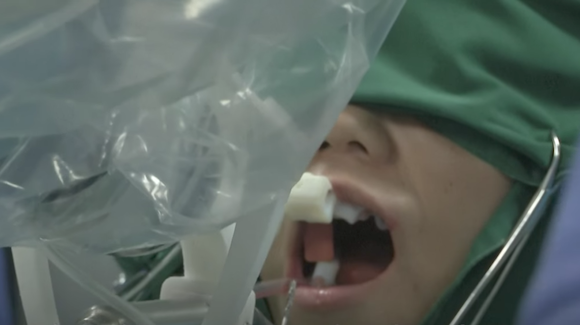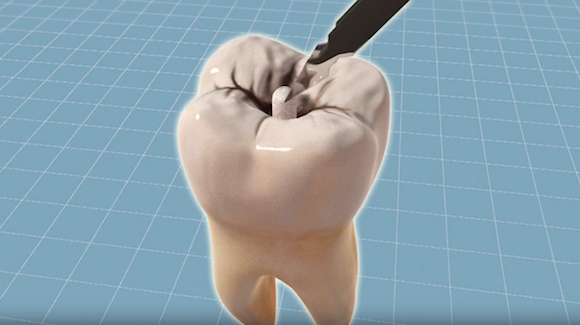The Dentistry Channel
NEW YORK (Reuters Health) – The cumulative incidence of osteonecrosis of the jaw was about 2% over 6 years among women with early breast cancer who received intensive treatment with zoledronic acid in a large randomized trial.
“Adjuvant zoledronate is a safe addition to existing treatments for early breast cancer,” the researchers conclude in the current online issue of the Journal of Clinical Oncology.
Dr. Robert E. Coleman, at Weston Park Hospital in Sheffield, England, and colleagues note that adjuvant zoledronic acid may improve survival in women with early breast cancer. In the AZURE (Adjuvant Zoledronic Acid to Reduce Recurrence) trial, they randomized 3,360 women with stage II or III breast cancer to receive standard adjuvant therapy with or without zoledronic acid given as nineteen 4-mg doses over 5 years.
The team reported in 2011 that zoledronate had no effect on survival in the overall population, but did significantly benefit a subset of women in late menopause. The current study looks at the incidence of jaw osteonecrosis, a known risk with zoledronic acid, during the study.
At a median follow-up of 73.9 months, there were 26 cases of confirmed osteonecrosis of the jaw (ONJ), all in patients given zoledronic acid. This represents an “encouragingly low” cumulative incidence of 2.1%, the authors report.
Twelve of the affected patients recovered with or without sequelae, while 5 improved, 8 were unchanged, and the outcome in 1 was unknown.
The investigators also conducted an oral health survey among a sample of participants at about 5 years into the study to assess impact on quality of life (Oral-QoL), and found no difference between the zoledronate and control arms.
“Our data provide reassurance to clinicians and patients that zoledronate does not seem to significantly affect Oral-QoL,” Dr. Coleman and colleagues conclude.
Still, they add, “Further research into ONJ is mandated in light of the widely established use of bisphosphonates and the emergence of newer antiresorptive agents that are similarly associated with the condition.”
In an accompanying editorial, Dr. Charles L. Shapiro, at Ohio State University in Columbus, reviews recent studies of bisphosphonate-related osteonecrosis of the jaw (BONJ) in breast cancer patients and concludes that the “use IV zoledronic acid to improve patient outcomes is a work in progress.”
Regarding the current study, Dr. Shapiro states: “Overall, the AZURE trial results showed that IV zoledronic acid on an intensive schedule did not improve disease-free survival or overall survival, and therefore the 2% total cumulative incidence of BONJ, although low, is clearly not acceptable.”
Whether there is a subset of women for whom the benefits outweigh the risk, he adds, “remains to be verified in subsequent trials.”
SOURCE: Bisphosphonate-Related Osteonecrosis of Jaw in the Adjuvant Breast Cancer Setting: Risks and Perspective
SOURCE: Osteonecrosis of the Jaw and Oral Health–Related Quality of Life After Adjuvant Zoledronic Acid: An Adjuvant Zoledronic Acid to Reduce Recurrence Trial Subprotocol
J Clin Oncol 2013;31.






